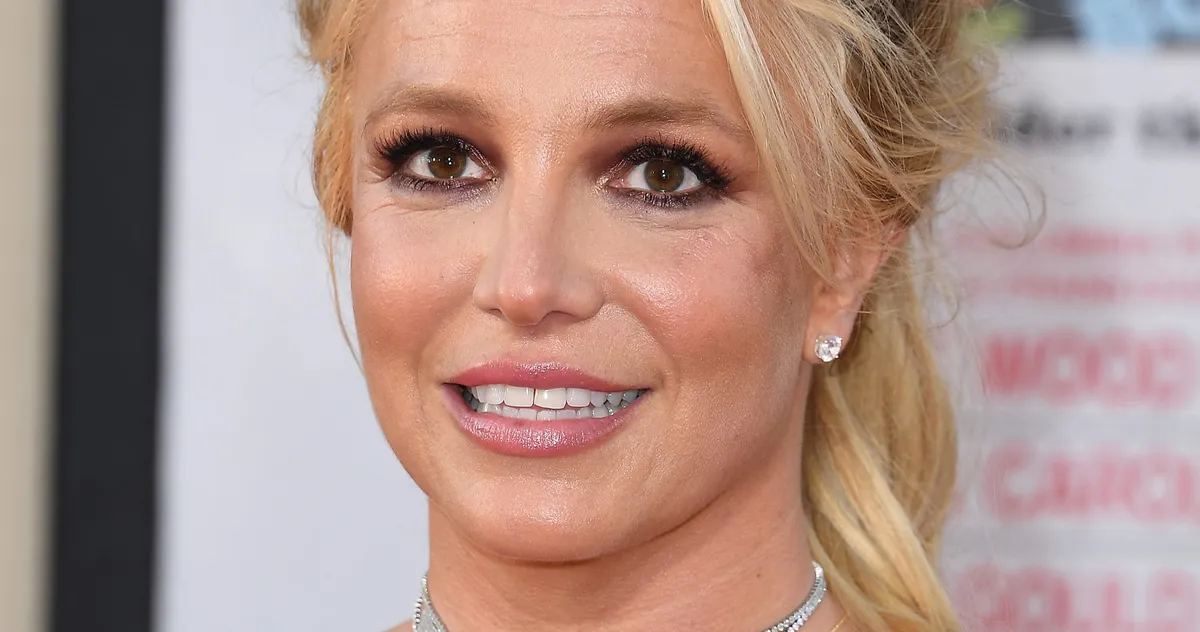The person who needs help is called the conservatee, and the person who helps them is called the conservator. There are different types of conservatorships, but one of them is called a limited conservatorship.
Advertisement
In California, there are two types of conservatorships: general and limited. A general conservatorship gives the conservator all powers and responsibilities, except ones found unnecessary.
A limited conservatorship is designed for people with developmental disabilities who can do some things on their own, but need assistance in certain areas of life. A limited conservator may have up to 7 powers, depending on the needs of the conservatee. These powers are:
Advertisement

- Fix the conservatee’s residence or specific dwelling.
- Access the conservatee’s confidential records and papers.
- Consent or withhold consent to the conservatee to marry.
- Exercise the conservatee’s right to enter into a contract.
- Give or withhold medical consent on behalf of the conservatee.
- Exercise or limit the conservatee’s right to control social and sexual contacts and relationships.
- Make decisions about the conservatee’s education
A limited conservatorship must be approved by a judge, who will consider the individual needs and abilities of the conservatee. The judge may grant all, some, or none of these powers to the conservator, depending on what is necessary and appropriate.
The judge may also review and modify these powers over time, as the circumstances change. A limited conservatorship is not automatic for people with developmental disabilities. It is only granted if there are no other less restrictive options that can provide adequate support and protection for the person.


Leave a Reply